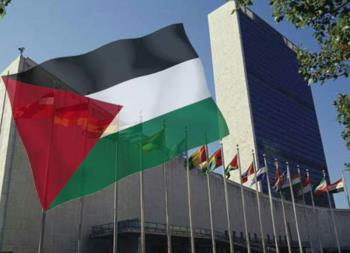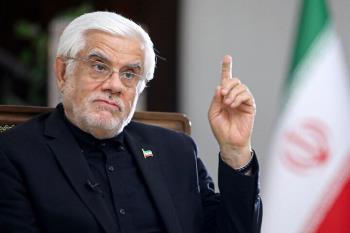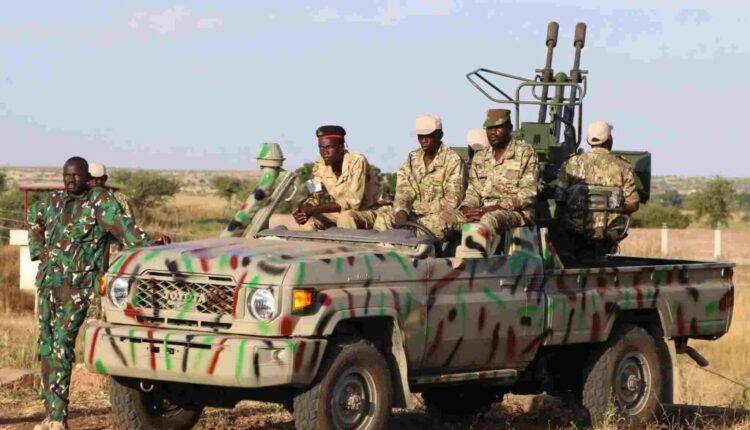Alwaght- In a drone strike on a mosque in Sudan's conflict-ridden region of Darfur, over 70 people were killed on Friday. The attack carried out in the city of Al-Fashir was contributed to the Rapid Response Forces (RSF), though the militant group declined to claim responsibility. The RSF and the regular army have been fighting a devastating civil war over the past two years. Along their push to sieze Al Fashir, the militants are advancing in Darfur. Al Fashir is the last stronghold of the Sudanese army in Darfur and is home to over 300,000 civilians caught in crossfire of a raging fighting.
Following the deadly drone strike that killed worshippers, the UN secretary-general called for an immediate ceasefire in Darfur, voicing "grave" concern over the "rapidly deteriorating" situation.
In a statement issued by a UN spokesman on Saturday, António Guterres said, "the fighting must stop now." He urged the warring parties to engage in dialogue and establish humanitarian corridors, as the brutal civil war that has ravaged the country for a third year shows no sign of abating.
Critical conditions in Al Fashir
Al Fashir, the capital city of North Darfur, remains the last major stronghold of the Sudanese Armed Forces (SAF) and the national government in the entire Darfur region. The city has been besieged by the RSF for over a year, and the militants launched a new offensive in recent weeks to capture it.
Humanitarian organizations have raised alarms over escalating hunger within the city, where hundreds of thousands of people are trapped without access to food, medicine, and other essential supplies.
The United Nations has described the humanitarian situation in Sudan as catastrophic, noting that the conflict has killed thousands and displaced millions across the country, creating the world's worst displacement crisis.
Many of those who have managed to flee Al Fashir have reported being attacked by RSF forces both during their escape and upon arrival at refugee camps. In late August, less than a month ago, UNICEF estimated that approximately 600,000 people had been displaced from the city.
On Sunday, military sources in Sudan told Al Jazeera that the RSF has continued to launch drone flights over the embattled city and shell it. These attacks are reported to be among the most intense that residents have witnessed so far.
A UN report has stated that at least 3,384 civilians were killed in Sudan during the first half of this year as a result of the raging civil war.
Roots of Sudan's crisis
The roots of Sudan's chaos can be traced to the highly tumultuous transition period that followed ouster of long-serving President Omar al-Bashir in 2019. After his fall, a deal to share power between the civilian factions and military leaders made a slim chance for democratization of the North African country.
However, the October 2021 coup orchestrated by General Abdel Fattah al-Burhan, the head of the army, derailed these efforts and ramped up military tensions. Simultaneously, the RSF, led by Mohamed Hamdan Dagalo (Hemedti), leveraged their economic dominance over gold mines and alliances with regional powers in a bid to supplant the army and seize control for themselves.
The conflict in Sudan has effectively spilled beyond its borders, impacting the country's strategic position in North Africa and West Asia. The war's ripple effects—including arms smuggling and refugee flows—are undermining the security and economic stability of neighboring nations such as Ethiopia, Chad, and Egypt, and even extending to Arab states in West Asia. Widespread internal displacement across Sudan's 18 states, particularly in South Darfur, is intensifying a regional humanitarian crisis, threatening North Africa with a wave of hunger and displacement.
Meanwhile, Sudan has become a rampancy ground for rival foreign powers. The war reflects broader patterns of geopolitical competition. Russia's alignment with the RSF via the Wagner Group's operations—including gold mining that circumvents Western sanctions—exemplifies the economic and strategic motives driving external involvement. Other actors, such as the US, Saudi Arabia, and the UAE, are also pursuing their own strategic interests within Sudan's complex geopolitical landscape. This competition among foreign powers, with each backing a side in the conflict, has prevented the country from achieving any meaningful stability. Furthermore, Sudan's proximity to the Red Sea, a critical maritime corridor, has motivated Russia's interest in maintaining and expanding its naval foothold in this country.
On the other hand, Egypt, mainly for historical reasons, has the backing of the Sudanese army which was formed about a century ago when Sudan was colonized with Britain and Egypt. During the colonization, the Sudanese and Egyptian armies were formed as common institutions. Dagalo accuses the Egyptian air force of intervening in Sudan.
The intervention of foreign actors in support of the warring sides has so far displaced 11 million Sudanese, causing the world's biggest displacement crisis. Also, thousands of civilians were killed and the country is now facing the most critical famine in the world. According to a UN report, Sudan is currently dealing with the most disastrous humanitarian crisis.



























